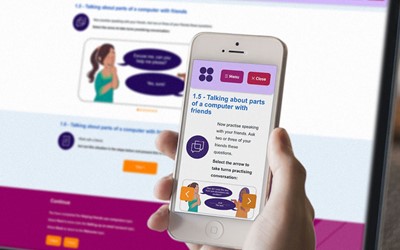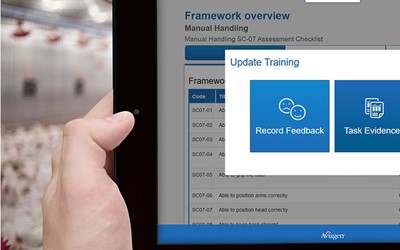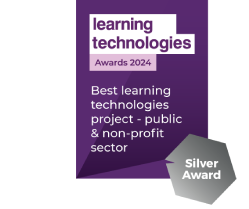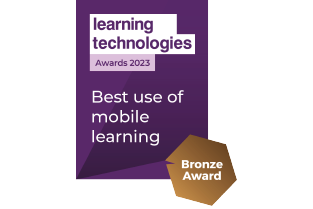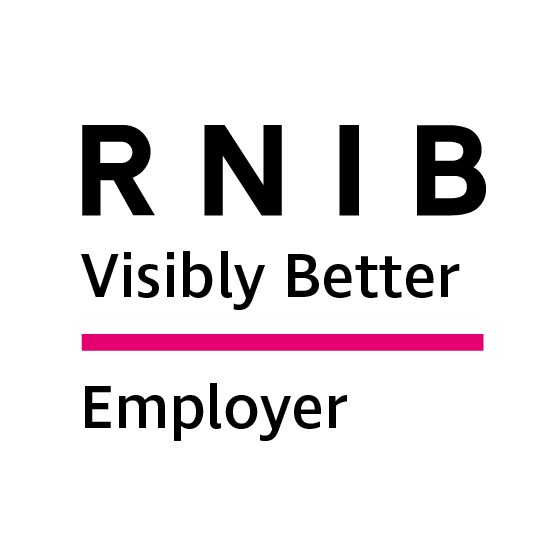The real-world advantages of using VR for workforce learning and assessment
VR technology is revolutionising employee training and development, by providing a more engaging and effective learning experience. By leveraging the benefits of VR technology, you can improve the skills and capabilities of your workforce and drive better business outcomes.
So what are some real-world examples of how VR learning and assessment helps organisations gain a competitive advantage?
Posted 27 March 2023
According to PwC, it is estimated that 23 million jobs will use VR and AR by 2030. And many organisations are already using VR to minimise the gap between theory and practical application because of the enormous potential it offers for helping achieve their goals.
Reducing risk
In high-risk industries like healthcare, it’s crucial that medical professionals are well prepared to respond to emergency situations quickly and effectively. VR can offer a unique solution to this challenge, simulating emergency scenarios so they can practice their response in a realistic, yet safe and controlled environment, avoiding any risk to patients or themselves. As a result, they are better prepared to respond to real-world situations, ultimately saving lives and improving patient outcomes.

Improving safety
In the logistics and transportation sector, VR is being used to help drivers safely operate delivery vehicles by simulating a range of potential hazards that may encountered on the road, such as weather conditions, distracted pedestrians, and other vehicles. Drivers can practice their response to these situations in a safe and controlled environment, which greatly reduces the risk of accidents and injuries on the road.

Supporting production
VR technology also allows employees to develop a broader range of skills than traditional training methods, by simulating a range of scenarios and environments that may not always be possible in real-life training, such as assembling complex machinery. A VR simulation could enable employees to practice in a range of different environments and settings, which will lead to faster production times in the real world.

Driving performance
Consistency is another benefit of using a VR learning and assessment experience. For example, VR technology can be used to train flight attendants on how to respond to different situations that may occur during a flight. This will ensure all flight attendants are trained to the same high standard and help the airline deliver the best possible customer service.

Detailed reporting
Of course, with VR, the more granular detail you can get from the reporting, the better, as this will help you track the progress of your learners and understand how they are using the experience. Modern VR authoring tools, such as eNetReality, come with capabilities for xAPI (Experience API) reporting – a standard that allows enables you to report on the finer details of how your learners are engaging with the content. This insight will help you make data-driven decisions to optimise your training program and ultimately see better business outcomes.

Attracting talent
One final point worth mentioning is the use of VR technology can help organizations to attract and retain talent. Younger generations of workers, in particular, are accustomed to technology and may view the use of VR technology as a sign that the organisation is innovative and forward thinking.

Improving skills
As VR technology continues to evolve and become more accessible, it is likely that more organisations will begin to incorporate it into their training programs to improve their workforce's skills and capabilities. By leveraging the benefits of VR technology, organisations can create a safer, more efficient, and more effective learning and assessment experience for their employees.

Recent Posts
eCom Learning Solutions: Staying ahead in a constantly evolving landscapeIs your work changing, or just your tools? A question for the modern workforce
What is competency? And why it matters in the workplace
Bridging the integrity gap: A proactive approach with eNetEnterprise
Proving Learning Works: Trends Driving Workplace Training in 2025


